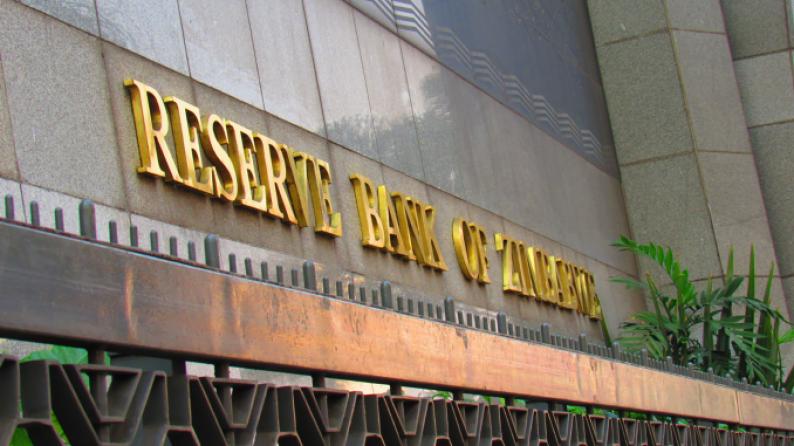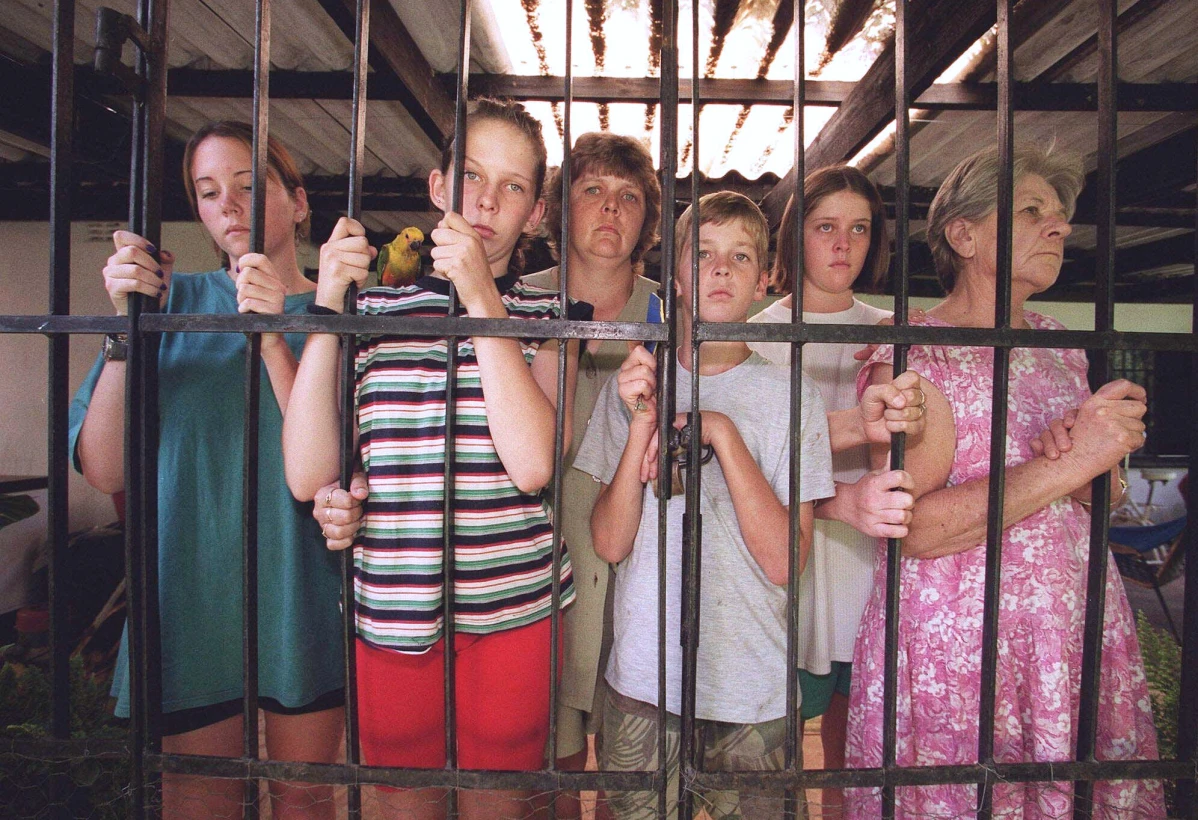HARARE – Thousands of EcoCash agents will be forced to re-register and undergo Reserve Bank of Zimbabwe screening after the mobile money firm lost its court bid to overturn a May 4 directive to freeze the agent accounts.
Justice Webster Chinamora of the Harare High Court, in a judgement delivered on Tuesday, said EcoCash had no legal standing to seek the relief on behalf of its customers. The judge also ruled that the central bank acted lawfully in freezing the accounts, which were flagged for possible participation in illegal currency trading.
Justice Chinamora said EcoCash’s interest in the matter was purely financial, stating: “The fact of the matter is that EcoCash owns the platform, while the agents enjoy the right of use of the platform as long as the applicant receives its fee per transaction.
“While the applicant might feel passionately about the financial strain occasioned by the directive, it’s not the kind of interest that can found locus standi for the applicant at law.
“The question that arises is: if the agents are independent contractors in their own right, on what basis does the applicant have standing to litigate on their behalf? I see no lawful reason for EcoCash to bring the present action to vindicate what essentially are rights which inhere in an independent contractor who has not even asserted his/her/its loss, actual or potential, before this court.”
The RBZ directive of May 4 required EcoCash to freeze the accounts of and re-licence agents who were carrying out transactions of over Z$100,000 or more each month – which is most SMEs. Banks and listed companies were spared.
EcoCash argued that the RBZ directive was “illegal and irrational” because of its blanket application, and the failure by the apex bank to consult the company and its agents.
Justice Chinamora conceded that the RBZ action of “adopting a dragnet approach” may have been unlawful, but insisted that this did not give EcoCash a “sufficient legal interest to file an application before the court on behalf of its agents.”
Justice Chinamora was also not amused by what he saw as EcoCash’s attempt to get a final relief in the guise of an interim relief. By seeking a temporary order for the upliftment of all the restrictions imposed on the agents from accessing EcoCash, the judge said the consequence of such an interim relief would be that agents would start operating the unfrozen accounts “yet the perceived abuse of those accounts is the harm that the directive seeks to prevent pending re-licencing of the agents affected by the directive.”
The judge also said EcoCash could not interdict the RBZ from performing its functions in terms of the law.
“It would be a disjuncture for an executive functionary to exercise its legitimate statutory mandate, and then have the court undermine that through an interdict. Rather, EcoCash should challenge any perceived irregular exercise of administrative power via an application for a declaratur or review… My conclusion in no way means that the applicant cannot approach the court, but that it has selected the wrong method to vindicate the rights it seeks to protect,” the judge added.
Advocate Addington Chinake appeared for the RBZ while Advocate Thabani Mpofu argued for EcoCash.
RBZ governor John Mangudya, in an affidavit before the court, described EcoCash as a “ponzi scheme” and the central bank’s Financial Intelligence Unit escalated the rhetoric in recent days, accusing the Econet subsidiary of being the nexus of a thriving foreign currency parallel market where the local currency is taking a battering.
But even as the EcoCash accounts were frozen, the Zimbabwe dollar suffered major losses with the electronic RTGS now trading upward of 1:64 to the United States dollar. It was 1:49 on May 4, according to currency tracker, Market Watch Zimbabwe.
Tuesday’s judgement came as EcoCash and RBZ chiefs were meeting in Harare in a bid to reach a compromise to the stand-off, and it remains unclear what effect the ruling could have on those negotiations.
















